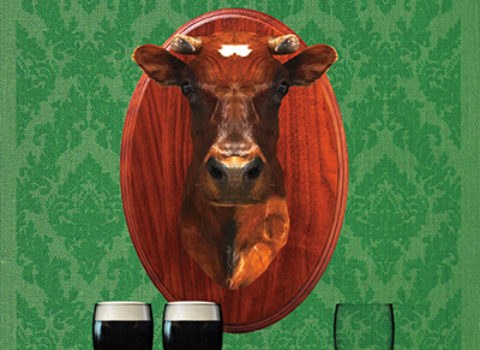From “The Silver Coast,” collected in Homesickness, which will be published next month by Grove Press.
Ciara Lavin was sitting at Lorna’s kitchen table along with Emma Doherty and Lorna’s mother, Anne. Some years ago, Ciara had traveled to South America and participated in an ayahuasca ritual. This is what she was talking about now. A guide took you into the forest and you drank a foul black liquid and hallucinated for hours, sometimes days. After she took the ayahuasca, Ciara had encountered an entity, what she called the Being, amid the trees ringing their encampment.
“It’s silly to…







































































































